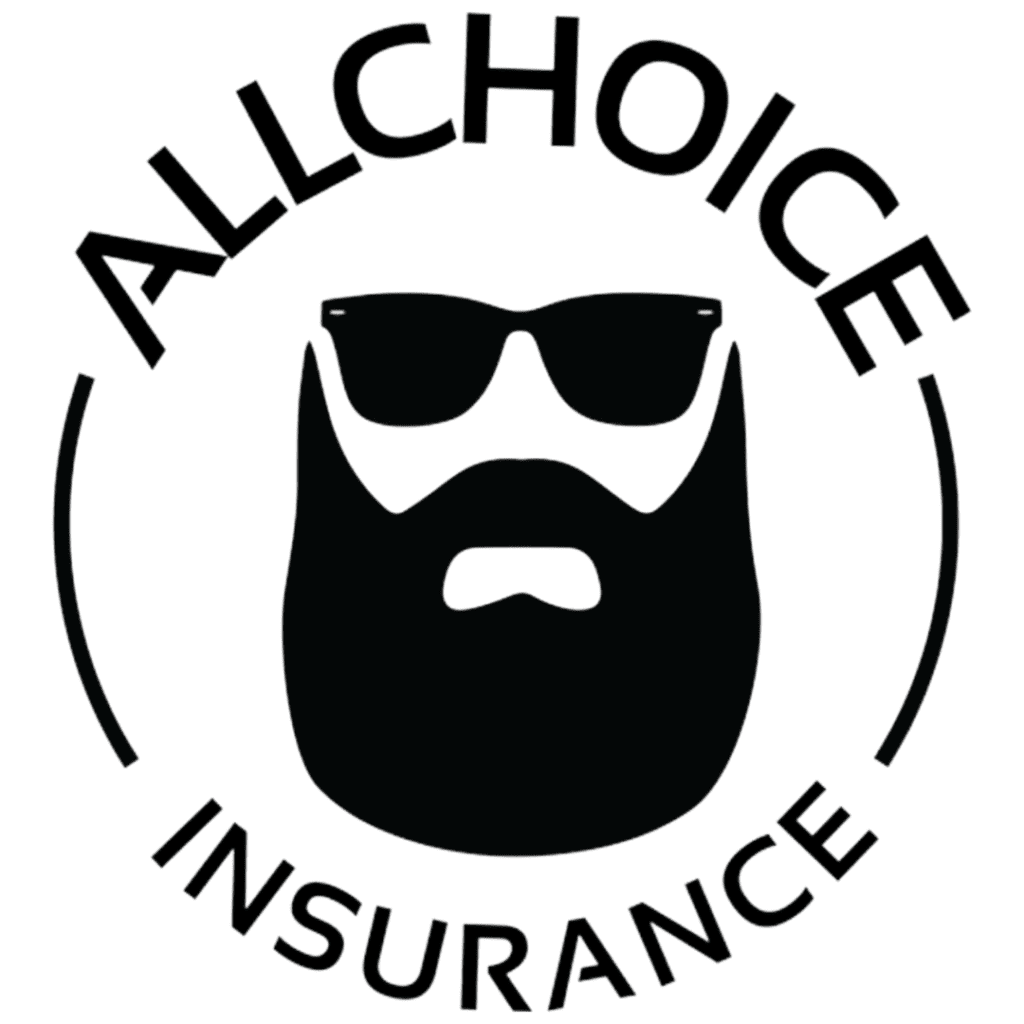Do I Need Disability Insurance?

Most people consider their earning ability as their most valuable asset. How much do you value yours? However, it is frequently left unprotected. Disability insurance is the unsung hero of financial plans, offering a safety net when health challenges strike. It’s not just for the physically demanding jobs; anyone can face health issues that impede their ability to work. Determining the need for disability insurance requires an evaluation of your lifestyle, dependents, and financial goals, particularly if your income is your sole means of livelihood.
Imagine an unforeseen accident or illness interrupting your income stream. How would you manage the mortgage, daily expenses, or even save for the future? Disability insurance acts as a financial safeguard for such unforeseen circumstances.
The Basics of Disability Insurance
Fundamentally, disability insurance serves as a financial safety net in case an illness or injury prevents you from working. It’s about:
maintaining your home
maintaining your lifestyle
covering healthcare costs
all without a regular paycheck.
Short-term and long-term disability insurance, the two primary types, cater to varying needs depending on the duration of your inability to work. Short-term policies are typically a bridge, replacing 60-80% of your income for a few months, giving you time to recover or adjust. Long-term policies are the marathon runners, stepping in when a disability stretches into years, aiming to replace a significant chunk of your lost income.
Employers often provide a combination of both types of insurance to their employees, guaranteeing some income during challenging times.
Assessing Your Need for Disability Insurance
Considering that a staggering 80% of Americans go without disability coverage, the risk of financial upheaval is real. But how do you know if you’re part of the statistic that needs it? Think about the ‘what ifs’. What if an illness or accident kept you from working for months, or even years? How would your financial commitments be met?
The responses to these questions play a vital role in your decision-making process for opting for disability insurance.
How Disability Insurance Complements Other Benefits
Social Security Disability Insurance (SSDI), a program managed by the Social Security Administration, provides basic support but usually doesn’t cover all expenses. This gap is where individual disability insurance comes into play. It’s your personal financial safety net, moving with you through life’s stages and job changes, providing stable coverage irrespective of your employment status. Not all employers offer short-term disability and state-mandated benefits can vary, which means having your own policy fills in any gaps.
Furthermore, individual policies support financial independence, thereby reducing dependence on family or governmental aid. For those lucky enough to have generous disability provisions through government or union pension plans, it’s another layer of security to rely on.



